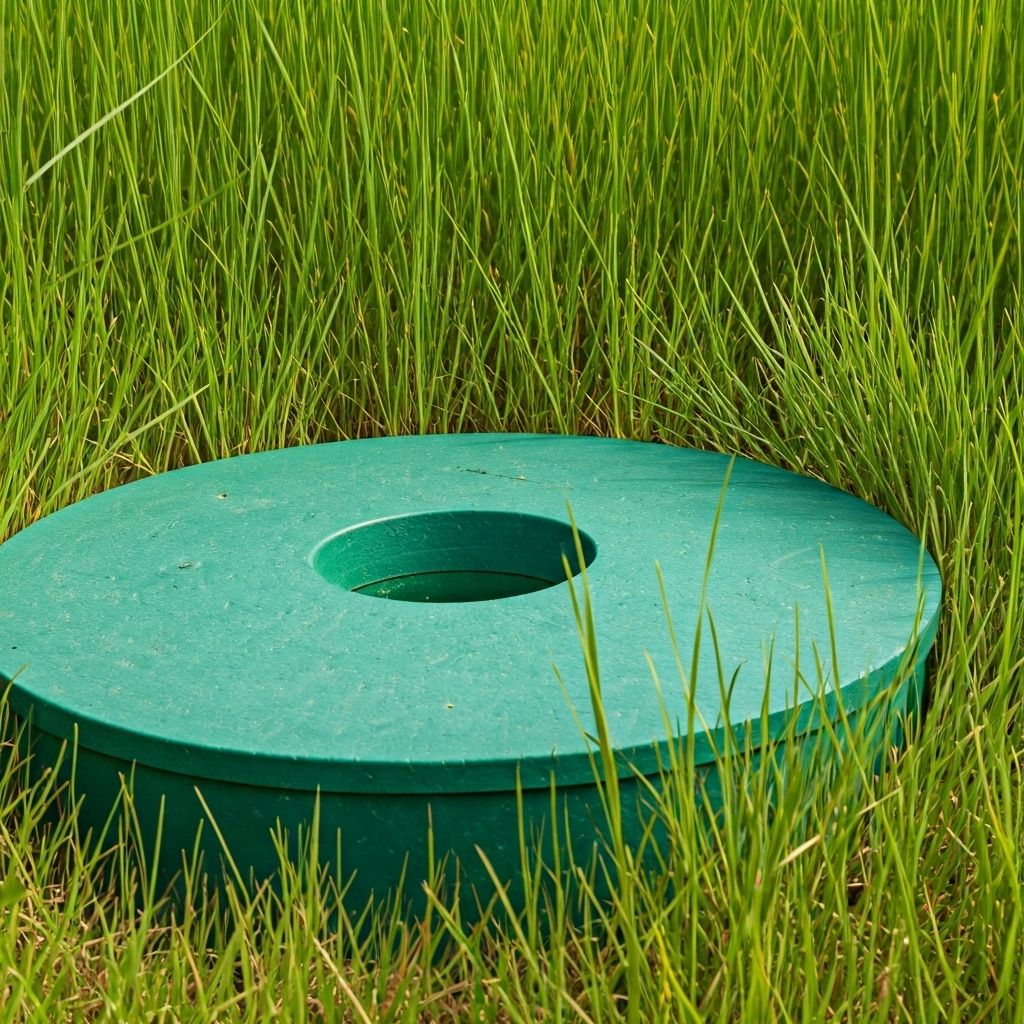Septic systems, when properly maintained, are naturally eco-friendly wastewater treatment solutions. By following environmentally conscious practices, you can minimize your system's environmental impact while protecting local groundwater and ecosystems.
Understanding Environmental Benefits
Natural Treatment Process
Septic systems provide environmental benefits through:
- Natural biological treatment of wastewater
- Groundwater recharge through filtered effluent
- Reduced strain on centralized treatment facilities
- Lower energy consumption compared to municipal systems
Soil Filtration
The drain field acts as a natural filter:
- Removes harmful bacteria and viruses
- Filters out nutrients and contaminants
- Provides final polishing of treated wastewater
- Protects groundwater quality
Eco-Friendly Household Practices
Choose Green Cleaning Products
Select environmentally friendly products:
- Biodegradable soaps and detergents
- Phosphate-free cleaning products
- Natural or plant-based cleaners
- Concentrated products to reduce packaging
Reduce Chemical Usage
Minimize harmful chemicals by:
- Using vinegar and baking soda for cleaning
- Avoiding antibacterial soaps (except when necessary)
- Choosing septic-safe toilet paper
- Using natural pest control methods
Water Conservation
Reduce water usage through:
- Installing low-flow fixtures
- Fixing leaks promptly
- Using water-efficient appliances
- Spreading laundry loads throughout the week
Protecting Your Drain Field
Landscaping Considerations
Create an eco-friendly drain field area:
- Plant native grasses and shallow-rooted plants
- Avoid deep-rooted trees and shrubs
- Use natural mulch instead of plastic barriers
- Create wildlife-friendly habitat areas nearby
Avoid Soil Compaction
Protect soil health by:
- Keeping vehicles off the drain field
- Avoiding heavy foot traffic
- Using permeable pathways when needed
- Maintaining proper soil aeration
Sustainable Maintenance Practices
Regular Pumping
Maintain environmental protection through:
- Scheduled pumping every 3-5 years
- Proper disposal of pumped waste
- Working with certified waste haulers
- Keeping detailed maintenance records
Professional Inspections
Annual inspections help:
- Identify problems before they cause environmental damage
- Ensure optimal system performance
- Verify proper effluent quality
- Maintain regulatory compliance
Advanced Eco-Friendly Technologies
Enhanced Treatment Systems
Consider upgrading to:
- Aerobic treatment units for better effluent quality
- Advanced pretreatment systems
- Constructed wetland systems
- Recirculating sand filters
Water Reuse Systems
Explore options for:
- Greywater recycling systems
- Treated effluent irrigation (where permitted)
- Rainwater harvesting integration
- Dual-plumbing systems for non-potable uses
Protecting Local Ecosystems
Groundwater Protection
Safeguard water resources by:
- Maintaining proper system function
- Avoiding contamination sources
- Monitoring well water quality
- Reporting any system failures promptly
Surface Water Protection
Prevent surface water contamination through:
- Proper setback distances from water bodies
- Erosion control measures
- Stormwater management
- Riparian buffer maintenance
Climate Change Considerations
Adapting to Weather Changes
Prepare for climate impacts:
- Improved drainage for increased precipitation
- Drought-resistant landscaping
- Flood-resistant system components
- Temperature-resilient materials
Carbon Footprint Reduction
Minimize environmental impact through:
- Energy-efficient system components
- Local sourcing of materials
- Reduced transportation needs
- Longer system lifespan through proper maintenance
Community Environmental Stewardship
Education and Awareness
Promote environmental responsibility by:
- Sharing eco-friendly practices with neighbors
- Participating in local environmental programs
- Supporting septic system education initiatives
- Advocating for environmental protection policies
Watershed Protection
Contribute to broader environmental health:
- Understanding your local watershed
- Participating in water quality monitoring
- Supporting conservation organizations
- Practicing integrated land management
Regulatory Compliance and Beyond
Meeting Environmental Standards
Ensure compliance with:
- Local environmental regulations
- Water quality standards
- Discharge limitations
- Monitoring requirements
Going Above and Beyond
Exceed minimum requirements through:
- Voluntary system upgrades
- Enhanced monitoring programs
- Participation in research studies
- Implementation of best management practices
Future Sustainability
Long-term Planning
Consider future environmental needs:
- System replacement planning
- Technology upgrade pathways
- Changing regulatory requirements
- Environmental impact assessments
Innovation and Technology
Stay informed about:
- Emerging treatment technologies
- Smart monitoring systems
- Sustainable materials
- Energy recovery opportunities
By adopting eco-friendly septic system practices, you're not only protecting your investment but also contributing to environmental conservation. True Flow Septic is committed to sustainable practices and can help you implement environmentally responsible septic system solutions. Together, we can protect our water resources for future generations.
Found this helpful?
Share this article with others who might benefit.

